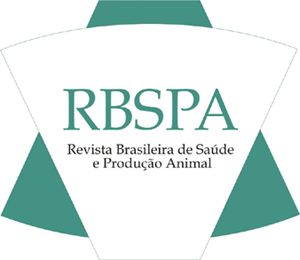This work aimed to determine the nutrient intake and quantitative aspects of sheep carcass from three different genetic groups. Eighteen animals with initial average body weight of 20.1kg were used in a completely randomized design, in a factorial 3x2 scheme (three different crossbreeds - 6 F1Dorper x non defined breed, 6 F1Somalis x non defined breed and 6 F1Santa Inês x non defined breed versus two diets). The diets fed to the animals were formulated with or without cashew nuts. The inclusion of cashew nut meal in the diet influenced nutrient intake. Differences of intake among the animal groups were observed as higher intake for F1Dorper x non defined breed (NDB), followed by F1Somalis x NDB and for F1Santa Inês x NDB. However, the control diet produced no difference among these genotypes. The average daily gain was lower for both crossbreeds when cashew nut meal was added in the diets. The evaluated crossbreeds and diets did not affect the feed:gain ratio. The carcasses analyses showed that the inclusion of cashew nut meal in the diets reduced the cold carcass weight and the rib weight. The addition of cashew nut meal in the diets for lambs reduces food intake and carcass yield. The crossbreed F1Dorper x NDB presented the higher rate of average daily gain.
sheep crossbreeds; cashew by-products; ruminant nutrition; sheep performance
